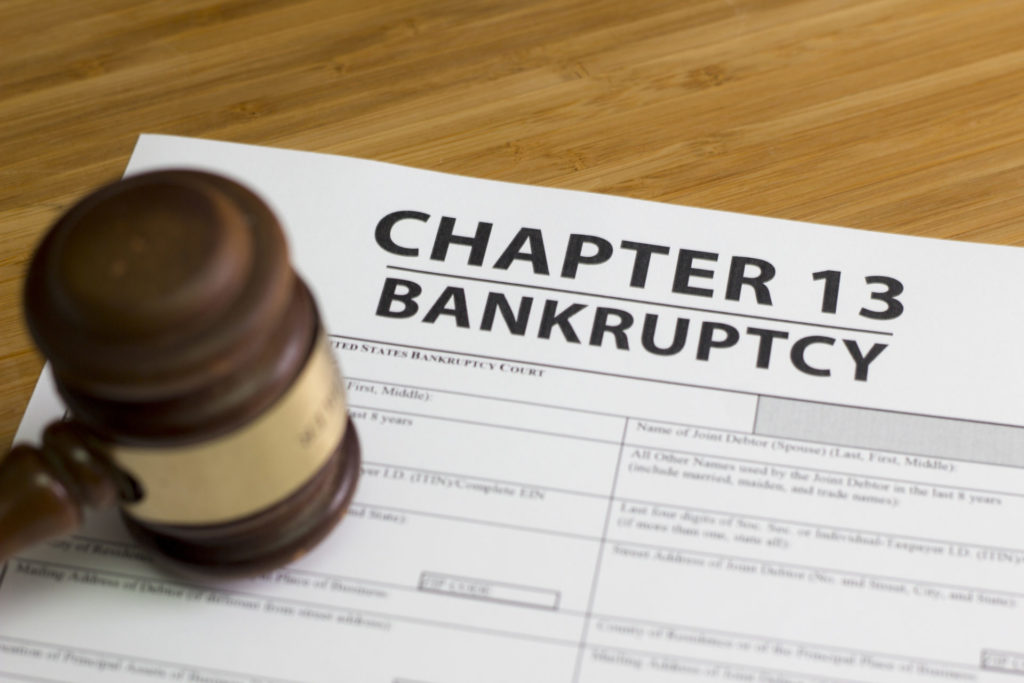Chapter 13 bankruptcy can be an effective way to get your finances back on track and repay your debts over time. However, the process can be confusing and overwhelming, with many questions and concerns that may arise. Let’s address some of the most frequently asked questions about Chapter 13 bankruptcy to help you better understand whether Chapter 13 bankruptcy is the right choice for you and your financial situation.
What is Chapter 13 Bankruptcy?
Chapter 13 bankruptcy is a type of debt relief in which people with steady income offer a repayment scheme to lenders that lasts three to five years. This repayment arrangement is intended to repay the entire debt or a portion of the person’s debts.
The debtor’s actual monthly income determines the repayment duration. During the time frame for repayment, creditors cannot begin or continue collection activities.
Who is Eligible for Chapter 13 Bankruptcy?
Individuals and marital partners can file for Chapter 13 bankruptcy, even if they are entrepreneurs and run an unincorporated venture. The repayment plan must be at least equivalent to the amount creditors can expect under alternative types of bankruptcy.
If you are a one-person business owner or a private citizen, you may be able to petition for Chapter 13 bankruptcy relief if your entire financial obligations total no more than $2,750,000.
Finally, you must also demonstrate your ability to fulfill the monthly payments. The repayment arrangement must also employ the complete amount of the claimant’s earnings available for repayment if necessary. The court discharges the debt balance once the claimant fulfills the repayment schedule.
How Does Chapter 13 Bankruptcy Work?
You must file a request for relief for Chapter 13 bankruptcy with the bankruptcy court in your region of residence. You must also include confirmation for debt counseling, tax documents, documentation of income, and a summary of monthly net earnings.
You must also generate a directory of lenders, income origins and estimations, a comprehensive list of all assets, and a complete breakdown of monthly living costs. After you file the petition, the court will issue a communication to the claimant, trustee, and lenders that inform them of an automatic stay to block collection actions.
The petitioner must also appear at a 341 creditors’ convention and offer a repayment strategy. The lenders and trustee can lodge objections to the plan, and a judge must approve it before it can be implemented.
Once the judge approves the plan, the debtor must carry it out, including an additional session in debtor education. The court will cancel the balance of the debt after the petitioner completes the plan.
How Does Chapter 13 Compare to Chapter 7?
One of the advantages that petitioners who file for Chapter 13 bankruptcy have over those who file for Chapter 7 is the chance to safeguard their house from foreclosure. Chapter 13 halts foreclosure processes, which gives the debtor opportunity to catch up with overdue mortgage installments.
It also permits people to postpone secured obligations and spread them out over the term of the Chapter 13 arrangement, which can potentially lower payments. Furthermore, a unique provision protects third persons that share liability for consumer financial obligations with the petitioner.
Finally, Chapter 13 functions similarly to a restructuring loan, with the defaulting party settling payments to a trustee, who subsequently administers funds to creditors, which allows the debtor to avoid direct interaction with creditors.
Contact us at North Metro Litigators if you need help with Chapter 13 Bankruptcy filings. We are a Federally Designated Law Firm authorized to file Chapter 7 and Chapter 13 cases under the bankruptcy code in Woodstock, Alpharetta, and the surrounding counties in Georgia.


